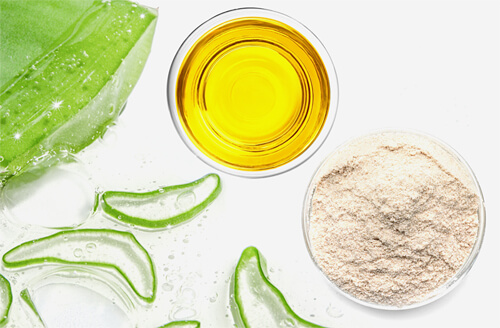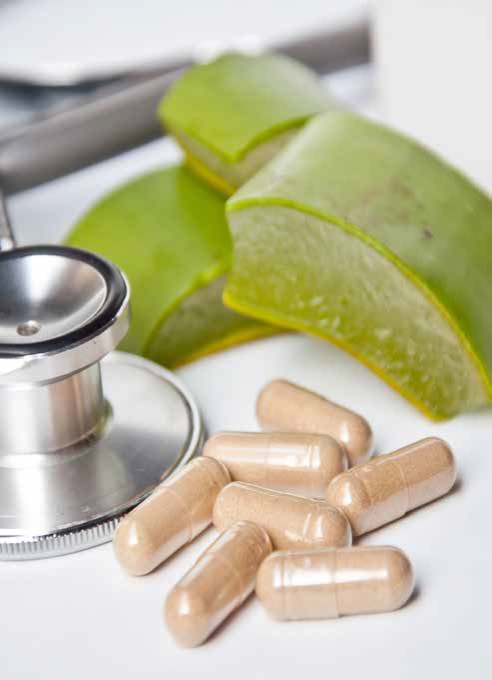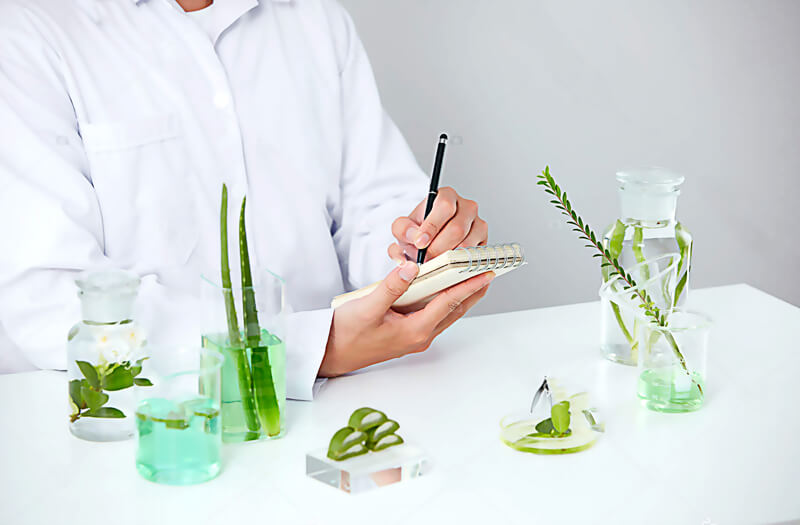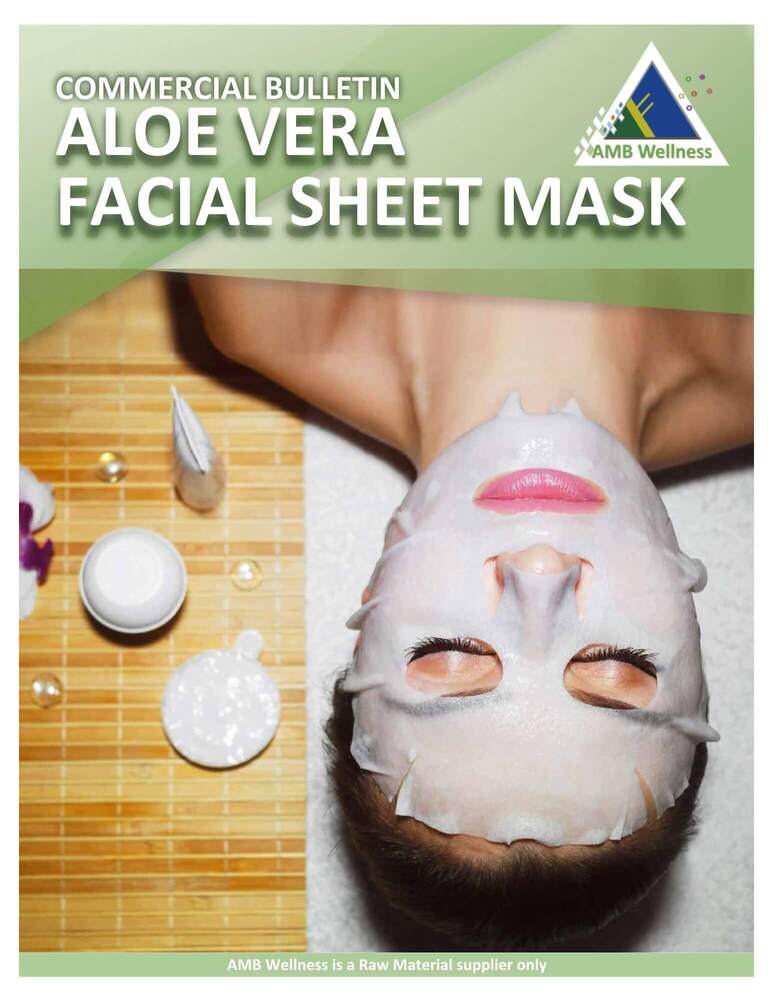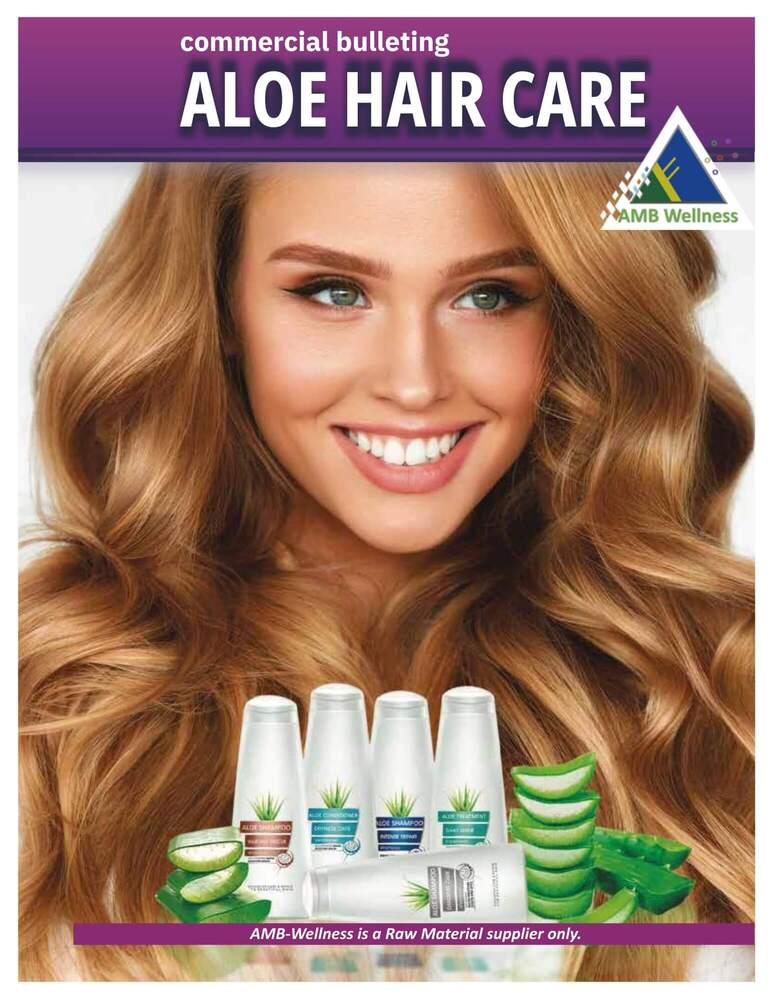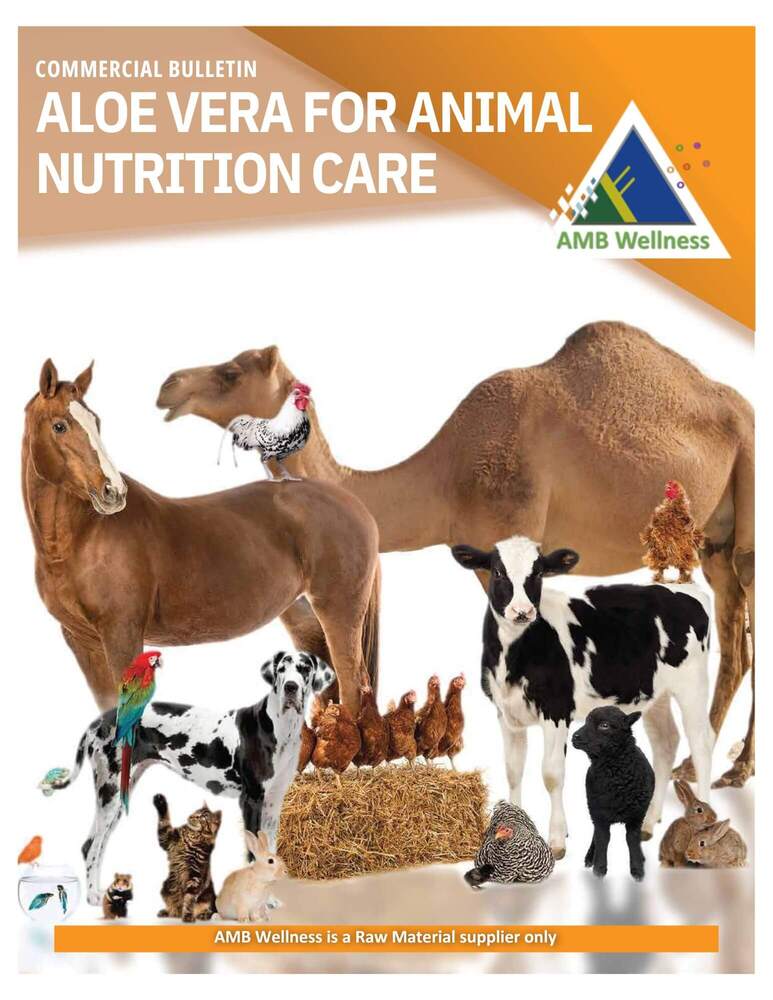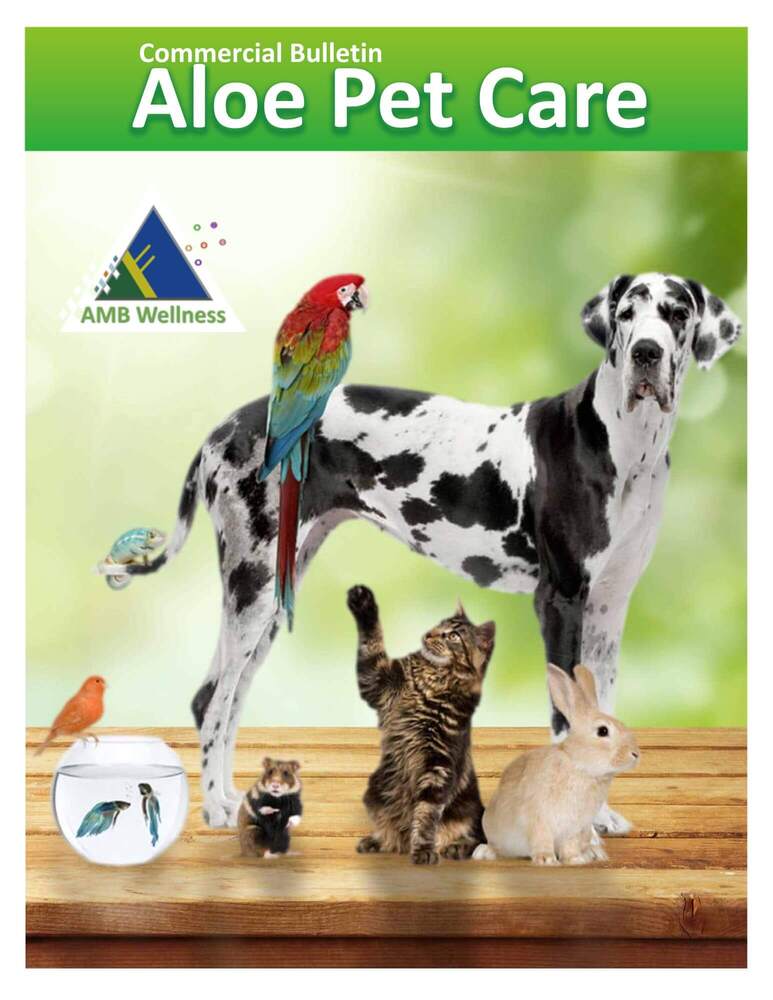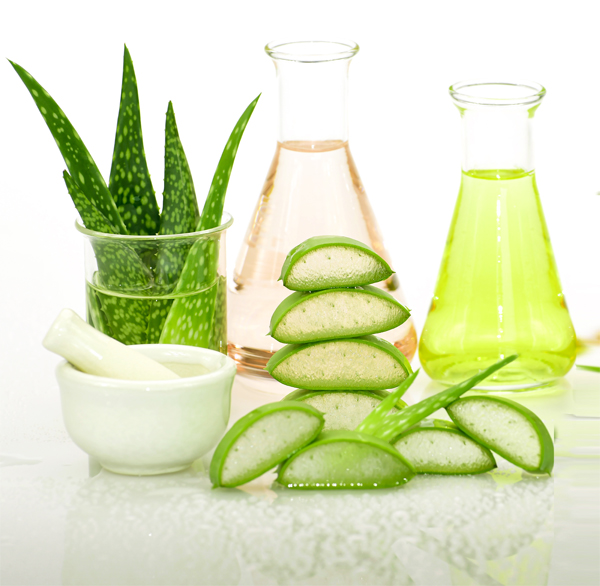Authors Yong, Y.Y., Noranizan Mohd Adzahan, Faridah Abas, Dae-Ok Kim.Kyung Hee Unive
Pineapple (Ananas comosus) regards as one of the major fruit crops. alongside papaya, pomelo, banana, watermelon, jackfruit, and mango. MD2 pineapple is currently the most popular choice for fresh consumption. the MD2 pineapple has a uniform bright gold colour, a sweeter taste, higher vitamin C content, lower fibre, and lower acidity. It is also smaller in size but has thinner skin compared to other pineapple cultivars. Besides, MD2 pineapple has a longer shelf life that enables it to better retain its quality over long-distance shipping. The demand for convenient ready-to-eat food raises the market for fresh-cut fruits. However, the quality and safety of these fresh-cut fruits are still an issue of concern as consumers demand fresh-cut fruits that are high in nutritional value with no chemical preservatives and extended shelf life. The destruction of surface cells during fruit peeling and cutting provides a larger cut surface for microbial growth compared to the whole fruit, resulting in a shorter shelf life. The wounding of fruit tissues during processing also promotes the loss of nutritional content and enhances metabolic activities in the fresh-cut fruit, which, in turn, lead to the degradation in flavour, texture, and colour of the fruit, and later enzymatic browning, a condition that leads to quality deterioration where the fresh-cut pineapple starts to brown and soften. Edible coatings are thin layers of edible materials that are considered to have great potential to improve the safety and quality of food, as they provide the food with a selective barrier that protects it against external environmental conditions such as moisture, oxygen, and carbon dioxide. The edible coating is widely used in fruit storage to prevent the fruit from undergoing physical and mechanical damage, microbial spoilage, and loss of quality during the postharvest period, thus increasing its shelf life. Alginate is one of the most used edible coatings, as it is easily prepared and is commonly available in the market. Previous studies have shown that alginate-based edible coatings are able to prevent loss of moisture and firmness, control the fruits respiratory rate, improve textural properties, and act as a carrier for bioactive components that improve the quality of fresh-cut fruit such as pineapple, apple, cantaloupe, and mango. Aloe vera is a tropical and subtropical plant that is widely known for its medicinal properties. Recently, Aloe vera gel gaining much interest as a potential functional ingredient in the edible coating due to its translucency, environmentally friendly and tasteless properties. Besides, Aloe vera gel is rich in antimicrobial and antifungal compounds that inhibit the growth of microorganisms to prevent foodborne disease and extend the shelf life of postharvest fruits. Furthermore, it consists of essential oil that is used to enhance the visual appearance of fruits. Aloe vera gel-based edible coating can also control maturation development, delay oxidation, and reduce microorganism proliferation in kiwifruit slices, plum and orange. However, most of these fruits are not fresh-cut and no specific data has been reported on the effect of alginate and Aloe vera gel-based edible coating on fresh-cut MD2 pineapple. Hence, this study was carried out to evaluate and compare the effect of alginate and Aloe vera gel-based edible coating on the storage quality (physicochemical and microbiological properties) of fresh-cut MD2 pineapple.

